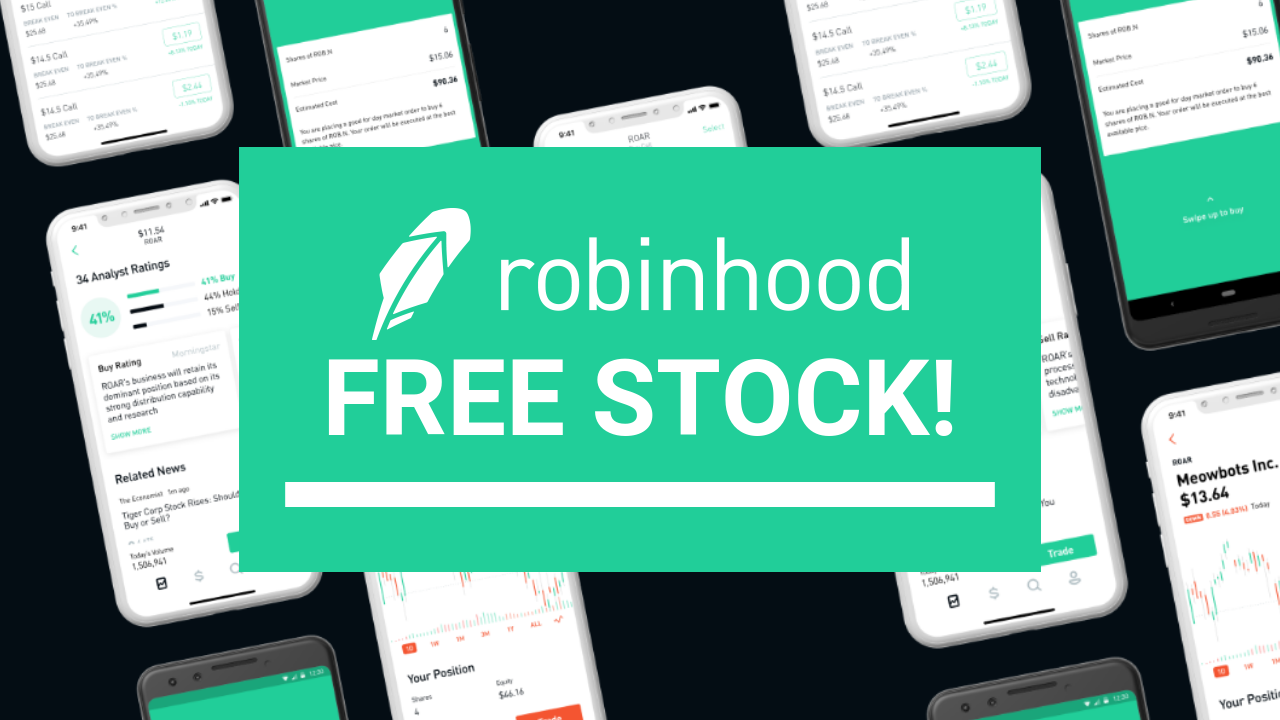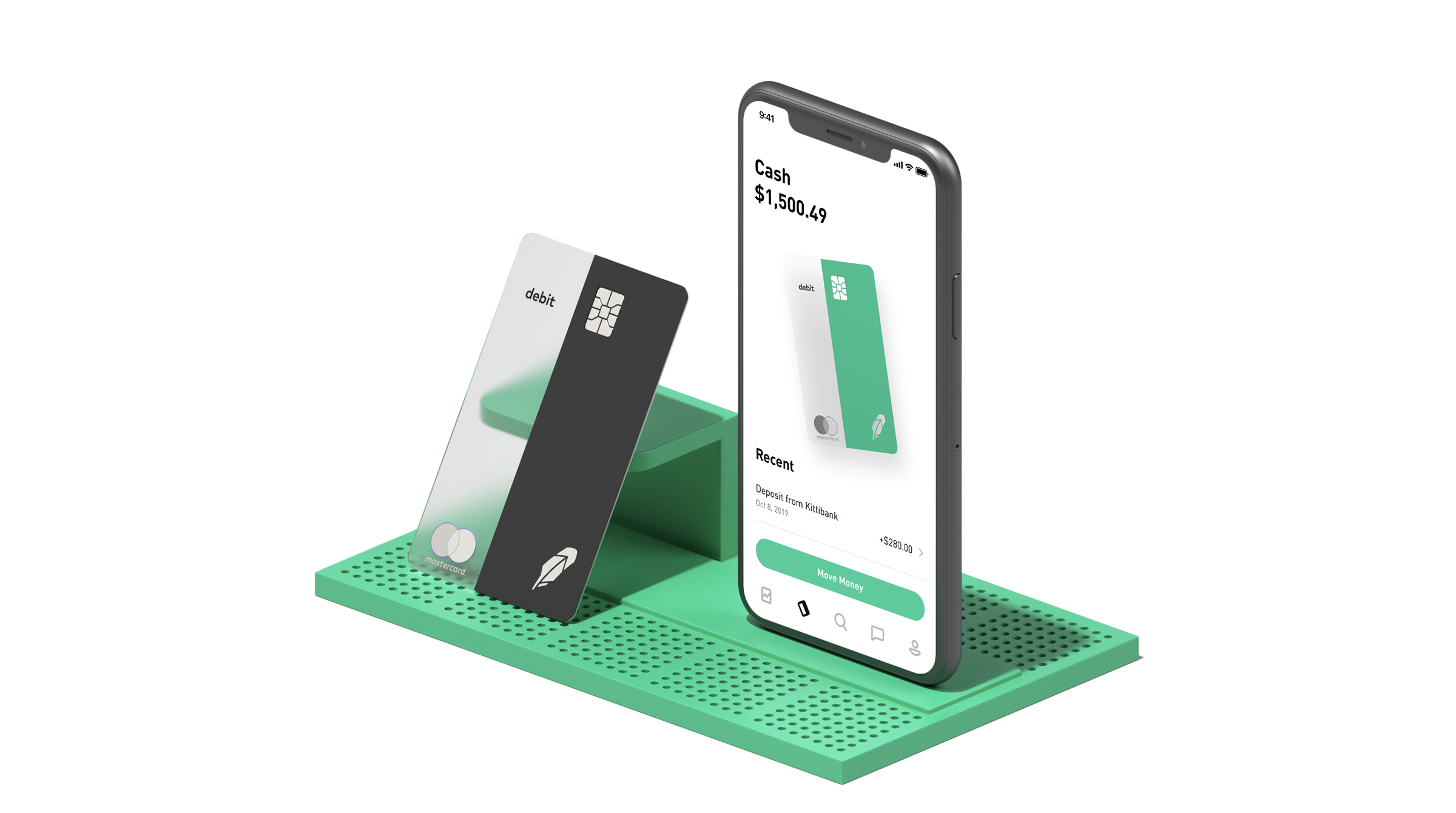Mark Cuban is Wrong. If You Work, You Should Get Paid For It

Mark Cuban wants people who will work for free.
Donatella Versace and Mark Cuban are the most outspoken advocates for it, but there’s a new trend going on in America: large companies wanting people to work for free.
Actually, Versace wants you to pay her.
There has been a rise recently in the amount of unpaid internships in America, with desperate job seekers willing to do anything to get hired. Some companies have even come under fire by the US Department of Labor for offering unpaid internships, saying they violate the law.
Versace took it further than anyone, actually asking $20,000 for the right to be her intern (in fairness, she said she’d donate the money to charity).
Cuban has spoken out against the US Department of Labor’s crackdown on unpaid internships, arguing that if people want to work for free, they should be able to. On his blog, he laid out a project he wanted unpaid and eager people to do for him in 2009, until his HR team told him it wasn’t allowed.
“Welcome to the USA of 2009,” Cuban wrote on is blog. “Where the government, both Republicans and Democrats, thinks that doing nothing is a far better alternative than being productive and gaining experience! Where our politicians would rather see you pay out of your pocket to go back to school rather than get valuable on-the-job experience.”
Logical case, right?
Not really. Just look at the numbers.
The Numbers
First off, it is worth noting that getting a paid internship in college is a very smart idea. The National Association of Colleges and Employers recently did a survey of people who graduated in 2013 with a bachelor’s degree and found that a graduate who did a paid internship while in college made an average starting salary of $51,930 – compared to a $37,087 average salary for workers who didn’t do an internship.
But here’s a shocking statistic from that same survey: 2013 graduates who did an unpaid internship while in college actually made less than students who got no internship at all – $35,721 a year, on average, compared to the aforementioned $37,087. Pretty bad deal – work for free and then make $1,366 a year less when it’s time to work for money.
On top of that, the stories of unpaid internships are anything but glamorous. For example, one NYU student took an unpaid internship at an animation company, hoping to work in animation. Instead, she was asked to clean the door handles each day so the swine flu wouldn’t spread.
Why It Doesn’t Work
First off, there are legal issues to unpaid internships. For an unpaid internship to be legal, the internship has to be for the benefit of the intern, the work can’t replace the work of employees and the employer must derive no “immediate advantages” from the activities of the intern.
Essentially, what you’re left with is a job-shadowing program or doing a job that has no value. That might have some limited benefit for the intern, but most people are probably better off getting some work experience, as opposed to watching others work for a semester or doing a job that provides no “immediate advantage” to the employer.
Cuban is arguing that those rules are stupid, that people should be able to work for free if they want. Putting the legal issues aside, is that really a good idea?
Cuban, in his blog, explained he wanted eager people to work for him for free to create content about the Dallas Mavericks, the basketball team he owns. First off, is there really a dearth of sports content on the web?
Second, though, if he really wants to do something like that, he should put some “skin in the game” and pay for it. If he doesn’t think it is worth investing in, than why do it? Conversely, if workers are doing something that creates value for the company, why shouldn’t they be paid?
And imagine if this took off, if the best way to get jobs at these corporations would be first working for free at them. Think about how discriminatory that process would be – only people with the means to work for free would get an opportunity, a small percentage of the population.
Overview
Here’s a rule to live by: if you work, make sure you get paid for it. Because if you’re not getting paid, you are either being taken advantage of or you are doing work that has no real value to the organization.
Neither one of those options are good.
This push for unpaid workers is bad for employers as well, for the same basic reasons. If you are assigning critical work to unpaid workers, you probably aren’t going to get the quality you want, and you are probably breaking the law.
Conversely, if you have people around who are not getting paid and are not contributing anything of value, both parties are probably better off doing something else, as chances are they are actually hampering your organization’s efficiency.
Ultimately, it comes down to values. Workers should value themselves enough not to work for free. And employers should value their people enough to know they shouldn’t ask them to.
About VoiceGlance
VoiceGlance is a cloud-based hiring tool used by forward-thinking companies who understand the value of great peopleIn : 848FINACE
Tags: paul petrone mark cuban is wrong. if you work you should get paid for it






























